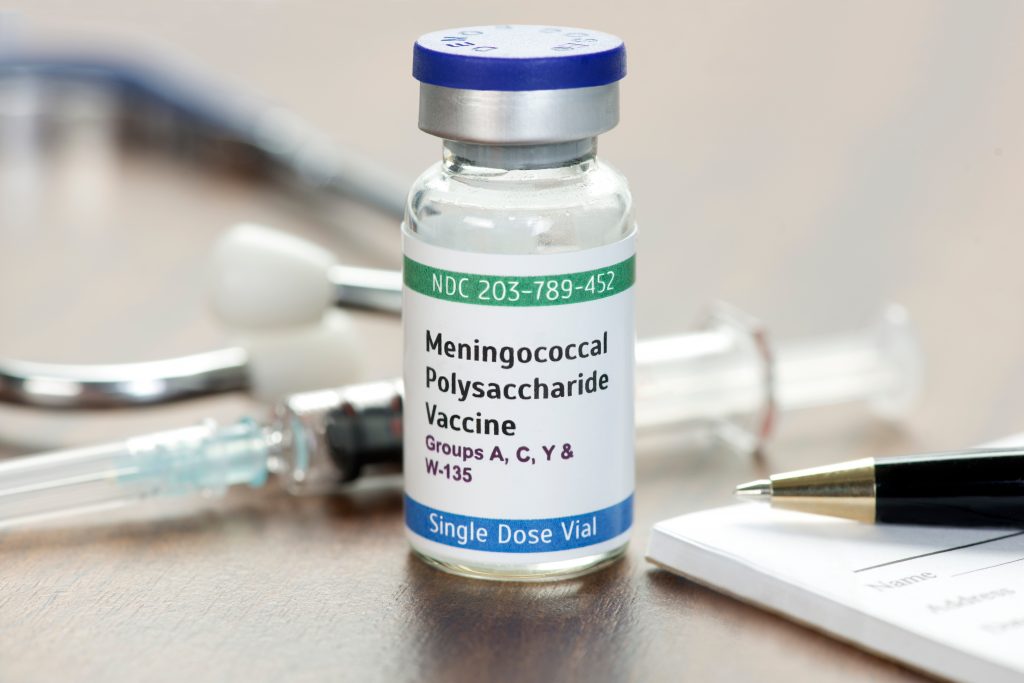Meningitis might not be on every teen’s radar, but it should be. Though relatively rare, this illness can become dangerous and even life-threatening within hours. The good news? It’s also highly preventable with the right knowledge and a little proactive care.
What is Meningitis?
Meningitis is the inflammation of the protective membranes (called meninges) that cover the brain and spinal cord. It’s typically caused by a viral or bacterial infection, though in rarer cases, fungi or parasites can be the culprits.
Of the two most common types, bacterial meningitis is the most serious. According to the Centers for Disease Control and Prevention (CDC), bacterial meningitis can be deadly or cause permanent disabilities, such as hearing loss, brain damage or learning problems, especially if not treated quickly. On the flip side, viral meningitis is usually milder and clears up on its own.
How Does Meningitis Affect Teens?
Teenagers and young adults are among the groups most at risk, especially those living in close quarters like dorms, camps or shared apartments. According to the National Meningitis Association, teens and college students are particularly vulnerable to meningococcal disease (a form of bacterial meningitis) because the bacteria spreads through saliva and respiratory droplets.
That means things like sharing drinks, kissing or even living in close quarters can increase your chances of exposure. It’s not just about parties or dating. Everyday social life plays a role.
Symptoms can develop very quickly and might include:
• Sudden high fever
• Severe headache
• Stiff neck
• Nausea or vomiting
• Sensitivity to light
• Confusion or difficulty concentrating
• Seizures (in severe cases)
The tricky part? These symptoms can feel like the flu at first. That’s why it’s so important to act fast if you or a friend feels suddenly, seriously ill.
How Can Teens Protect Themselves?
Vaccination is the #1 way to protect against meningococcal meningitis.
The CDC recommends that all teens get the MenACWY vaccine at age 11 or 12, with a booster at 16. Some may also need the MenB vaccine, especially if they’re headed to college or are at higher risk for medical reasons. Talk to a healthcare provider about which vaccine is right for you.
Also important: basic hygiene. Wash your hands regularly, avoid sharing utensils or drinks, and be mindful of close-contact behaviors, especially in cold and flu season when immune systems are down.
And remember: if you or a friend starts showing symptoms, don’t wait. Get medical help immediately. Early treatment can save a life.
Bottom Line
Meningitis can strike quickly and become serious fast, but it’s also highly preventable. For teens, staying protected comes down to a few simple steps: knowing the symptoms, practicing good hygiene, and talking to health care professionals about getting vaccinated.
With the right information and a little caution, teens can confidently navigate school, sports, and social life without fear of this serious illness

